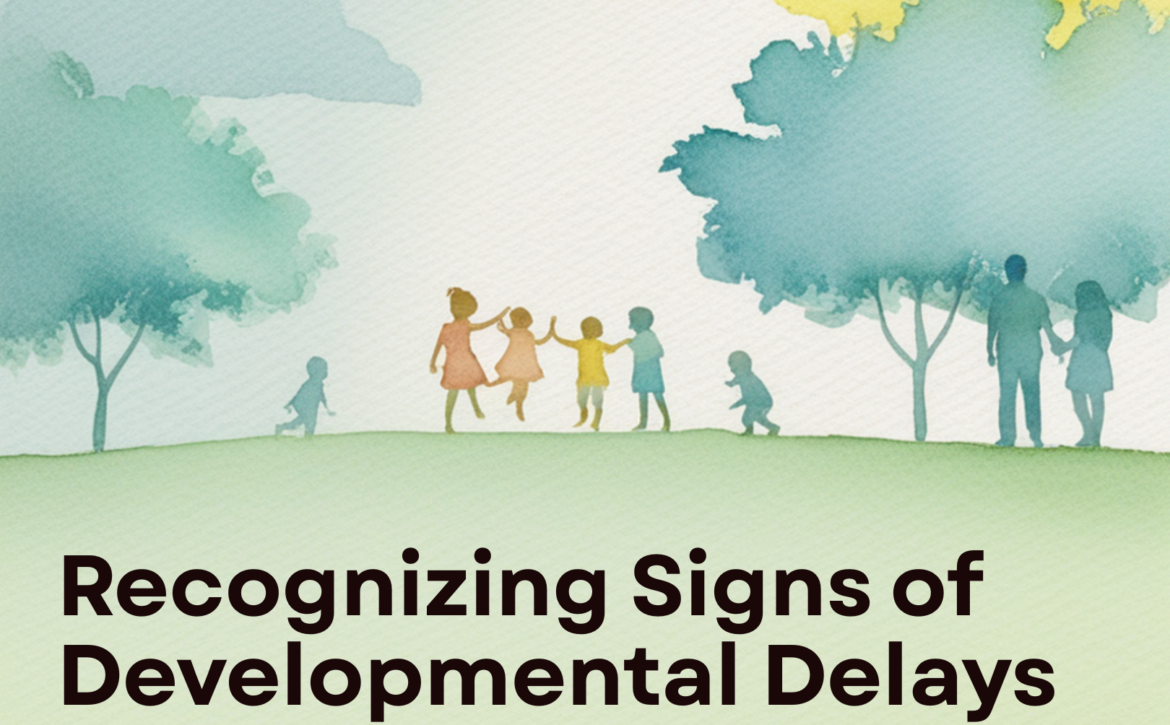Early Signs of Developmental Delays Every Parent Should Know
“Sometimes it’s not about worrying—it’s about watching.”
As parents, we all eagerly anticipate our child’s milestones—first smiles, first steps, and first words. But what if those milestones don’t come when expected? Understanding developmental delays can be overwhelming, but awareness is key.
Developmental delays are more common than you might think. According to the Centers for Disease Control and Prevention (CDC), about 1 in 6 children aged 3–17 years have some form of developmental disability, from speech and language delays to motor, social, and cognitive challenges.
🔍 Key Early Signs to Watch for :
- Speech & Language Delays:
- Not babbling by 12 months
- Not using single words by 18 months
- Limited vocabulary by 2 years, or trouble forming sentences by age 3
- Difficulty following simple directions
- Motor Skills Delays:
- Trouble holding or manipulating objects
- Difficulty crawling or walking by 18 months
- Unsteady walking or difficulty climbing stairs after 2 years
- Social/Emotional Delays:
- Avoids eye contact or does not respond to their name
- Limited interest in social play or interaction
- Difficulty expressing emotions appropriately
- Cognitive Delays:
- Difficulty with problem-solving tasks or following instructions
- Limited or no pretend play
- Challenges in understanding cause and effect
🚨 Why Early Detection Matters:
Early intervention is the most effective way to address developmental delays. Studies show that the earlier children receive support, the better their chances of improving their skills in areas such as speech, motor coordination, and social interactions.
🎯 What Parents Can Do:
If you notice any of these early signs, don’t wait. Talk to your pediatrician about developmental screening. Many pediatricians conduct these screenings at regular check-ups, typically at 9, 18, and 30 months.
At Alpine First Step CDC, we help parents identify these early signs and offer programs designed to give children the best possible support at every stage of their development. Early awareness can set the stage for lifelong success.


